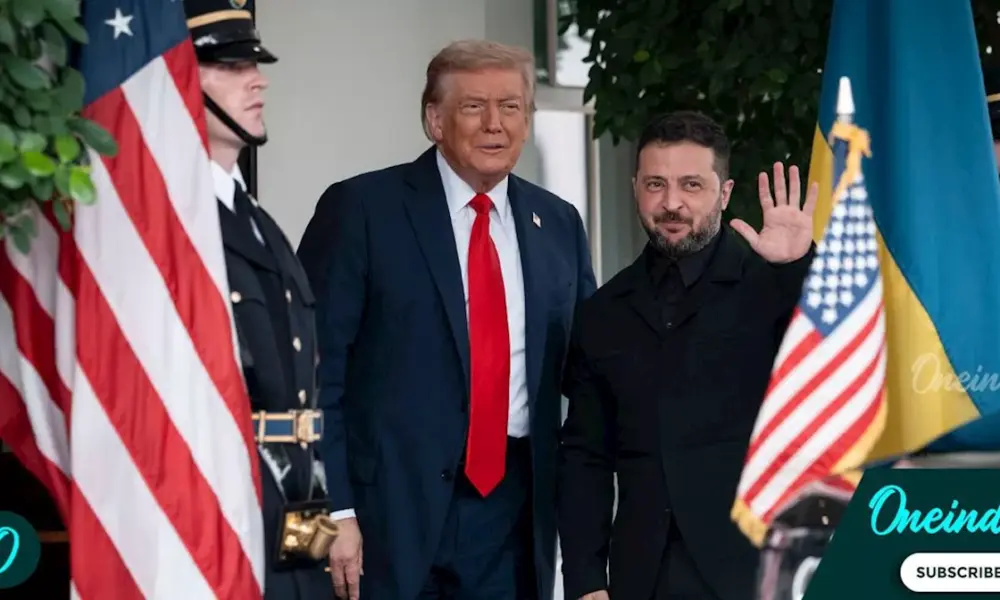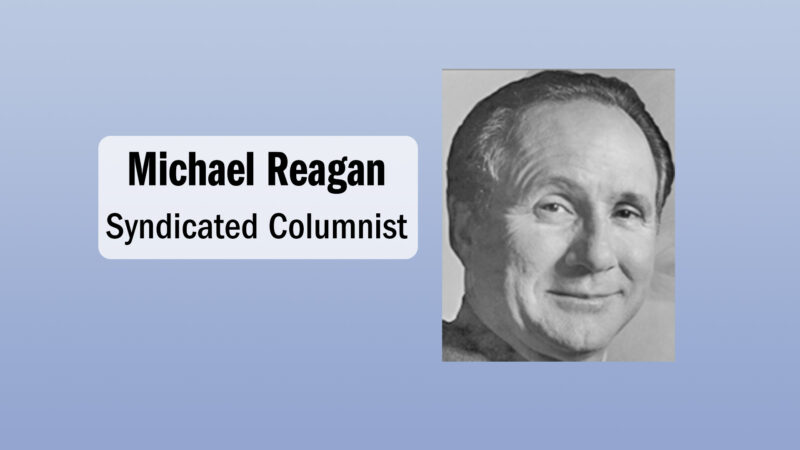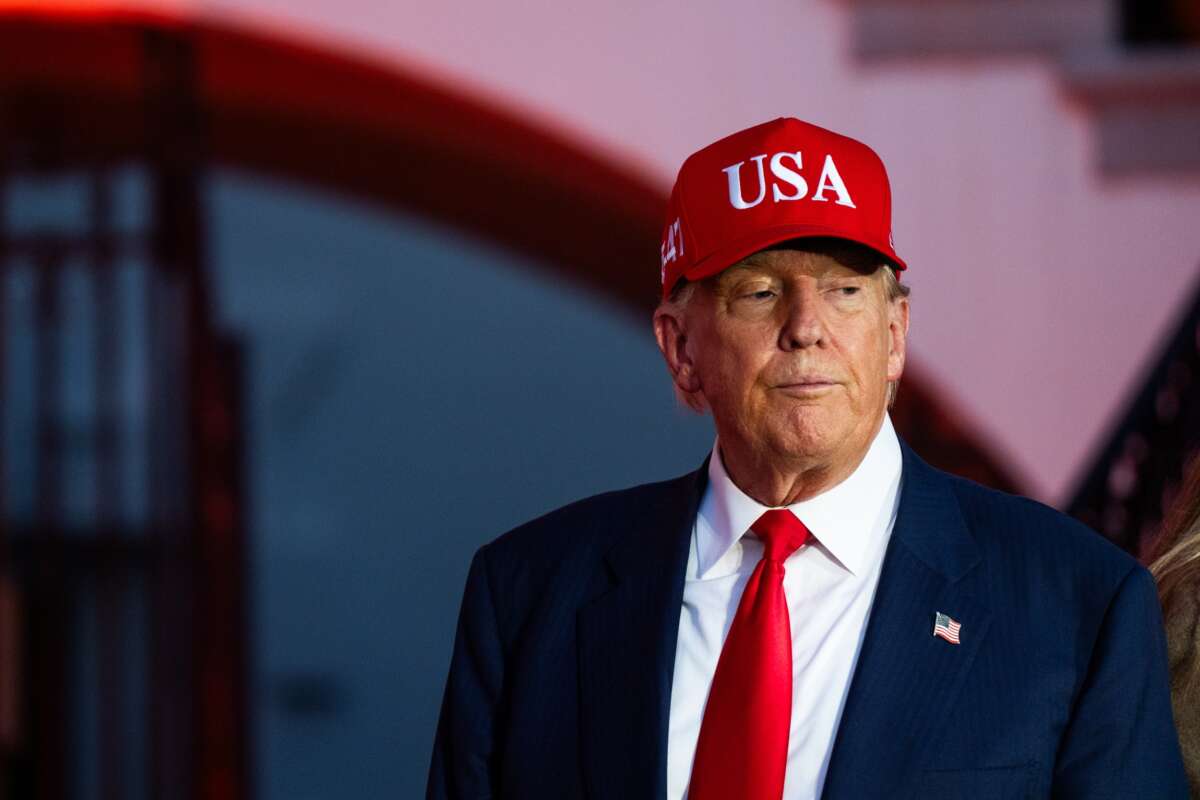Tensions escalated between the United States and Colombia after President Donald Trump labeled Colombian President Gustavo Petro an “illegal drug leader” and announced an end to U.S. aid to the country. The remarks came in response to Petro’s accusations against the U.S. government regarding its military operations in Caribbean waters, including a controversial strike on September 16, which killed a Colombian fisherman.
In a social media post, Trump characterized Petro as “low rated and very unpopular,” and issued a stark warning. He claimed that Petro should “better close up” drug operations, adding that the U.S. would take matters into its own hands if necessary. Trump did not provide evidence for his assertions but referenced a video clip of a boat engulfed in flames following the U.S. strike.
The Colombian president was quick to refute Trump’s claims, defending his administration’s efforts to combat drug trafficking in Colombia, the world’s largest cocaine exporter. In a post, Petro stated, “Trying to promote peace in Colombia is not being a drug trafficker.” He accused Trump of being misled by his advisors and expressed indignation at what he termed “rude and ignorant” behavior towards Colombia.
The Colombian Foreign Ministry reacted strongly to Trump’s comments, describing them as a “direct threat to national sovereignty” and suggesting an illegal intervention in Colombian affairs. Colombian Defense Minister Pedro Sánchez emphasized that the country has made significant sacrifices in the fight against drug trafficking, losing many lives in the process.
U.S. Military Actions Under Scrutiny
Trump’s statements come amid heightened military activity in the region, with American naval vessels and aircraft deployed to combat drug cartels. This military presence has already led to increased tensions with neighboring Venezuela, where the U.S. has also ramped up pressure on leader Nicolás Maduro.
On September 16, the U.S. conducted a strike that Petro claims resulted in the death of Alejandro Carranza, a fisherman with no ties to drug trafficking. Petro condemned the strike as an invasion of Colombian territory, stating, “The United States has invaded our national territory, fired a missile to kill a humble fisherman, and destroyed his family.” He has called for legal proceedings against the U.S. in international courts.
The White House and the Pentagon have not yet responded to requests for comments on Petro’s allegations. Despite the ongoing diplomatic rift, Petro’s government intends to pursue legal action against a survivor of a more recent U.S. strike on a vessel allegedly involved in drug trafficking.
Impact on U.S.-Colombia Relations
Historically, Colombia has been a key ally for the United States in Latin America, receiving substantial U.S. assistance. In the fiscal year ending September 30, Colombia received approximately $230 million, a significant reduction from previous years, where aid exceeded $700 million. The cutting of aid could have severe implications for military cooperation and the ongoing fight against rebel groups.
Analyst Elizabeth Dickinson from the International Crisis Group expressed concern that the U.S. is jeopardizing a valuable partnership in a critical moment. She stated, “It is befuddling and profoundly unwise of the United States to alienate its strongest military partner in Latin America at a moment when tension between Washington and Venezuela are at its highest point in recent years.”
As Colombia faces its most significant security challenges in over a decade, the potential for diminished support from the U.S. raises alarms about the future capabilities of the Colombian military and police.
The ongoing conflict over drug trafficking and military actions reflects a complex relationship that could change dramatically if diplomatic efforts are not prioritized in the coming months. The situation remains fluid as both nations navigate a rocky path forward.






